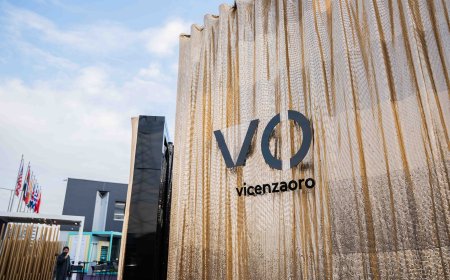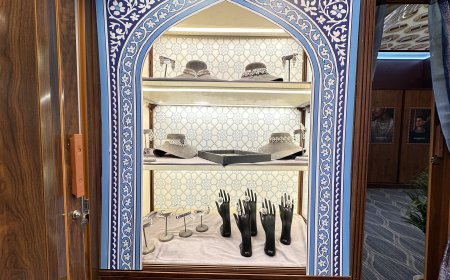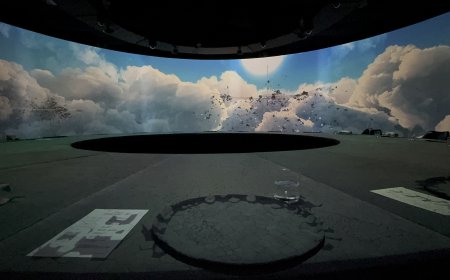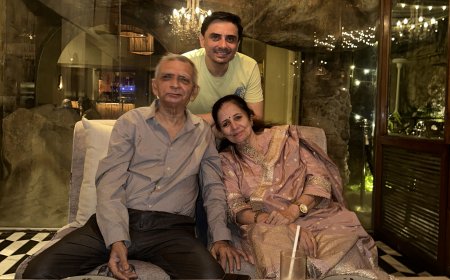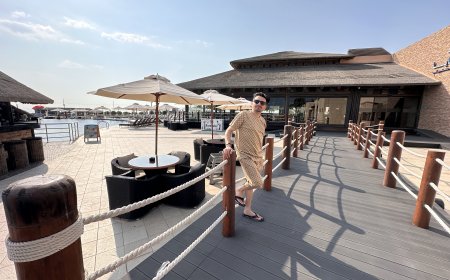The Evolving Hotel Experience: Blending Human Touch with Tech
Hotels must integrate on and offline experiences to stay relevant and deliver a complete customer experience, says Karl Escritt, CEO of Like Digital & Partners.
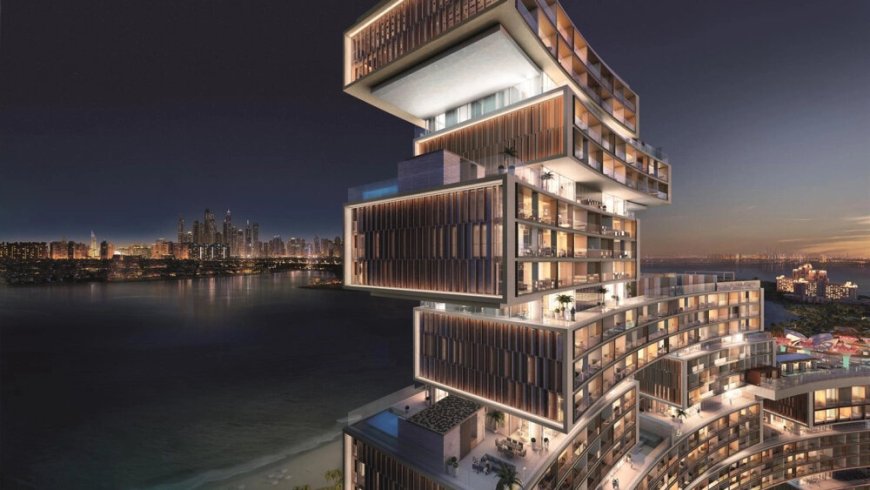
When you think about staying in a hotel, what is it that creates lasting memories and makes you want to go back? Maybe it’s personalised service when the bartender remembers your favourite drink or somebody in the housekeeping team leaves a thoughtful gift in your room. Great hospitality has always been about crafting experiences, and the human touch remains irreplaceable.

But in 2024, travelers also crave seamless experiences. This means contactless services, speedy check-in and out, and personalized recommendations. In fact, hotels that haven't embraced mobile technology throughout the guest journey might be falling behind.
Saudi Arabia, with its Vision 2030 plan, is a prime example of this technological shift. Hotel chain Yotel recently announced its first Saudi Arabian venture in NEOM's OXAGON, to be opened in 2025. This futuristic property will boast an automated reception, contactless check-in, SmartBeds that transform from a flatbed to a sofa with a touch, and even a robotic concierge. While some guests might find this approach ultra-modern, it highlights the digital revolution sweeping the hospitality industry.
Here are some of the key pillars hotels need to prioritize in the digital shift:
1. Understanding Guest preferences
Really understanding guests' needs and wants plays a big part in customer satisfaction. With all the data we now have at our fingertips, it's easier than ever to get to know our customers better. Digital can take this to a whole new level. Imagine a smart mattress that adjusts to your preferred temperature or a showerhead with customizable water pressure settings. Combined with the human touch, this means staff being better equipped to provide tailored service, fostering a deeper understanding of their guests.
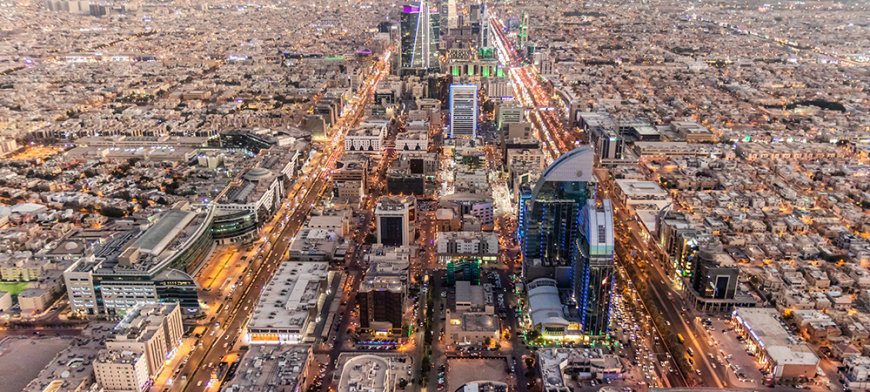
2. Streamlining Operations with Automation
Manual, time-consuming tasks like answering website questions can now be automated through chatbots. Additionally, revenue management software can integrate dynamic pricing strategies, manage inventory, and personalize upselling with targeted offers for room upgrades or spa treatments. In 2023, Palazzo Versace Dubai embraced automation by launching the first AI-based chatbot in the industry. This chatbot tailors responses based on online user behavior, reducing wait times and enhancing guest support. The hotel also partnered with Binance, the cryptocurrency infrastructure provider to allow guests the option to settle payments in BNB, Bitcoin, Ethereum and others.
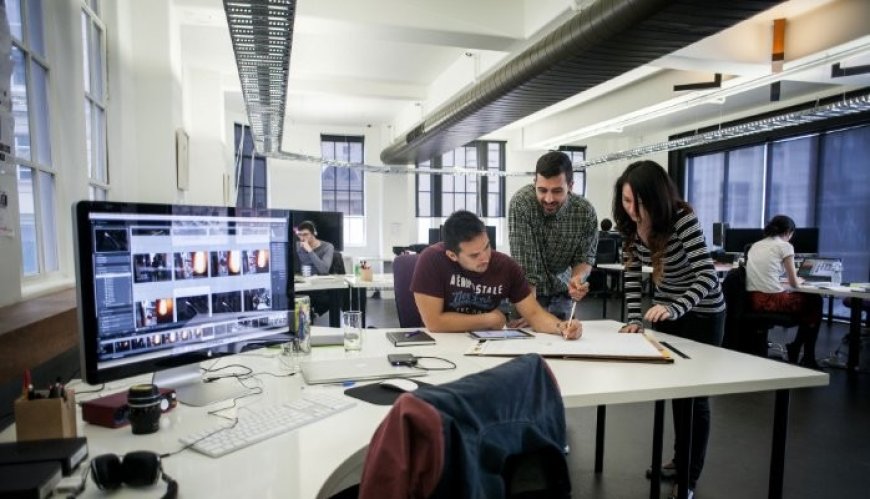
3. Eco-Conscious Hospitality
The environment is a growing priority for hotels, and digital innovation plays a crucial role in achieving sustainability goals. Rove Hotels and Conrad Dubai are just two examples of properties using AI-powered smart scales or inventory management systems to tackle food waste, a significant contributor to the hospitality industry's environmental impact. Digital signage, menus, and mobile keys further reduce paper and plastic usage within hotel operations. By embracing these technologies, hotels can demonstrate their commitment to a greener future.
4. The Rise of Virtual and Augmented Reality
The COVID-19 pandemic forced a pause on travel, but Dubai Tourism leveraged technology to keep the dream alive. Partnering with Snapchat, they created a bespoke AR lens that transported people to iconic landmarks like the Burj Khalifa, Burj Al Arab, Dubai Frame, and Al Seef. Today, travelers crave a sense of familiarity before they arrive at their destination, and virtual and augmented reality (VR and AR) offer just that.
W Dubai – The Palm and Burj Al Arab Jumeirah are prime examples of Dubai hotels using AR to enhance guest experiences. Guests can scan the hotel's artwork and sculptures with their smartphones, bringing them to life in a virtual world. Atlantis The Royal recently celebrated its first birthday with a campaign with Louis Vuitton, featuring statues around the hotel that come alive and tell a story through AR experiences. This innovative approach allows guests to engage with the hotel's art and surroundings in a completely new way.
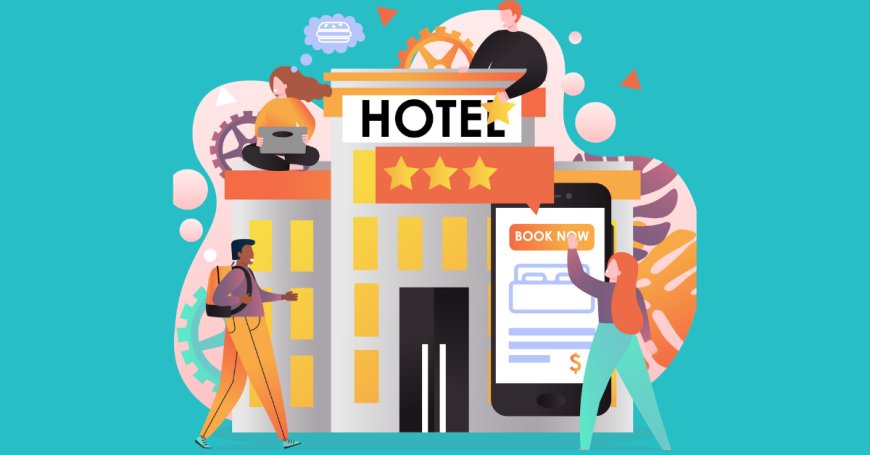
5. Wellness - Beyond the Spa
Massages and facials are no longer the sole focus of a modern hotel spa. Many wellness experiences now leverage technology to personalize treatments. This could involve genetic testing or nutrigenomic analysis to recommend treatments based on your unique needs. SIRO One Za'abeel exemplifies this approach, combining biohacking technology with a holistic wellness experience. They've even incorporated app-controlled smart curtains in their bedrooms, programmed to adjust according to your circadian rhythm for a truly restorative sleep experience.


